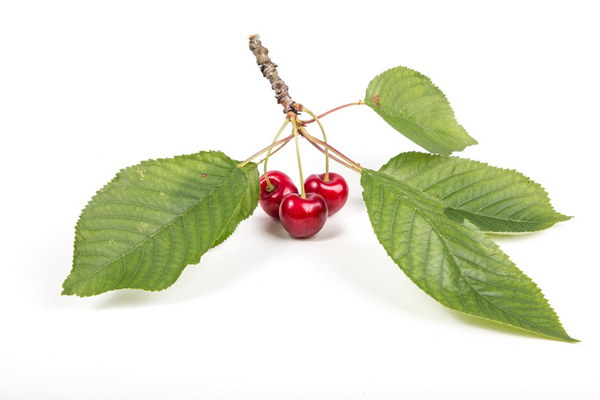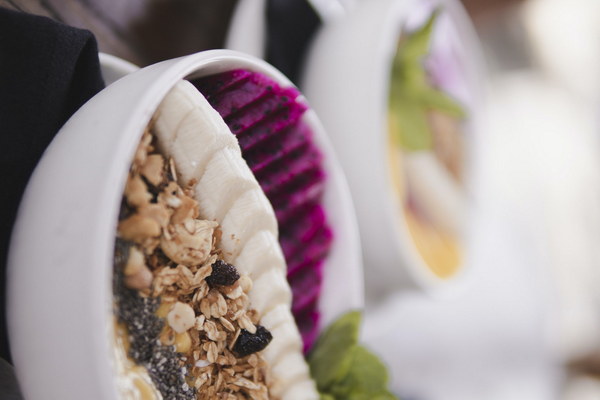The Ultimate Guide to Kidney Care for Men Tips for Optimal Kidney Health
Introduction:
The kidneys play a vital role in maintaining overall health and well-being. For men, taking care of their kidneys is crucial to prevent kidney disease and ensure long-term health. In this article, we will explore the best practices for kidney care, including lifestyle adjustments, diet, and preventive measures to keep your kidneys healthy.
1. Stay Hydrated:
Drinking plenty of water is essential for kidney health. Adequate hydration helps flush out waste products and toxins from the kidneys, reducing the risk of kidney stones and infections. Aim to drink at least 8-10 glasses of water daily, more if you engage in heavy physical activity or live in a hot climate.
2. Limit Salt Intake:
Excessive salt consumption can lead to high blood pressure, which is a major risk factor for kidney disease. Try to limit your salt intake by avoiding processed foods, using herbs and spices instead of salt, and seasoning your meals with caution.
3. Eat a Balanced Diet:
A balanced diet rich in fruits, vegetables, whole grains, lean proteins, and healthy fats is beneficial for kidney health. Some kidney-friendly foods include:
- Leafy greens: Spinach, kale, and Swiss chard are high in potassium, which is important for kidney function.
- Berries: Blueberries, strawberries, and raspberries are low in potassium and high in antioxidants.
- Lean proteins: Fish, poultry, and tofu are good sources of protein without the added fat and sodium found in red meat.
- Healthy fats: Avocados, nuts, and olive oil can help reduce inflammation and improve heart health.
4. Avoid Certain Foods:
Some foods can be harmful to kidney health, especially for those with existing kidney conditions. Avoid or limit the following:
- High-potassium foods: Bananas, oranges, tomatoes, and potatoes can exacerbate kidney problems.
- High-phosphorus foods: Dairy products, red meat, and processed foods can increase phosphorus levels, which can be harmful to the kidneys.
- High-protein foods: Excessive protein consumption can strain the kidneys. It's best to choose lean proteins and consume them in moderation.
5. Exercise Regularly:
Regular physical activity helps maintain a healthy weight, which is beneficial for kidney health. Exercise also promotes better blood flow and reduces the risk of high blood pressure and diabetes, two conditions that can damage the kidneys. Aim for at least 150 minutes of moderate aerobic exercise per week.
6. Manage Chronic Conditions:
If you have a chronic condition such as diabetes, hypertension, or heart disease, it's essential to manage it effectively. These conditions can increase your risk of kidney disease. Work closely with your healthcare provider to monitor and manage your condition.
7. Quit Smoking:

Smoking can worsen kidney function and increase the risk of kidney disease. Quitting smoking can significantly reduce your risk and improve overall health.
8. Avoid Over-the-Counter Medications:
Some over-the-counter medications can be harmful to the kidneys, especially when taken in high doses or for extended periods. Always consult a healthcare provider before taking any new medication.
Conclusion:
Taking care of your kidneys is crucial for overall health and well-being. By following these tips, you can reduce your risk of kidney disease and maintain optimal kidney health. Remember to consult your healthcare provider for personalized advice and support on maintaining kidney health.









